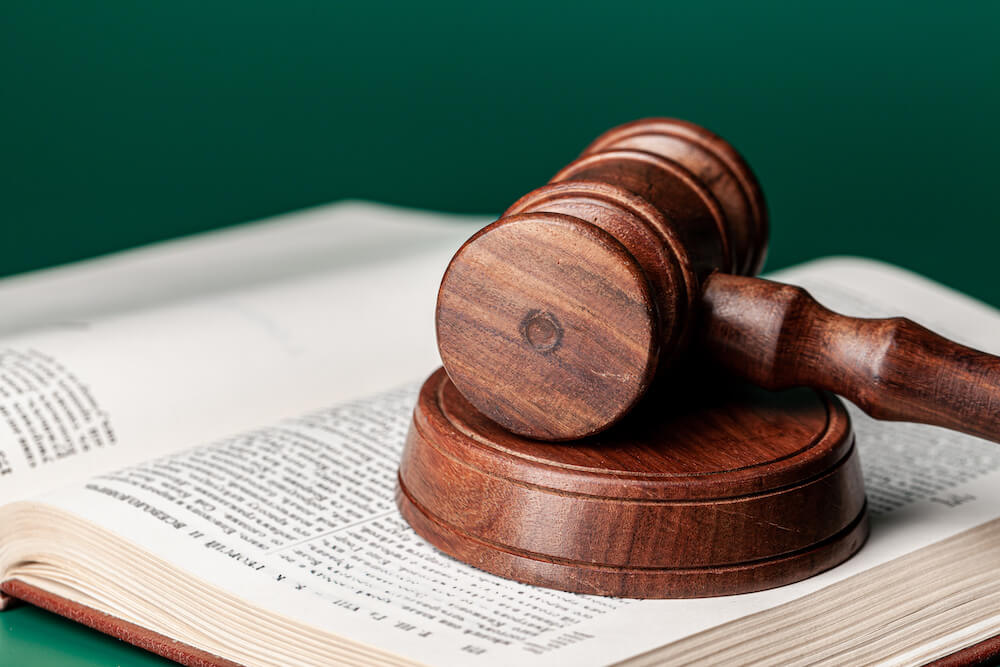This week, the Supreme Court heard oral arguments in the cases that Students for Fair Admissions (SFFA) brought against Harvard University and University of North Carolina, alleging that the universities’ use of race-conscious admissions disadvantages Asian students. The landmark case has the potential to ban the use of race-conscious admissions policies nationally, overturning four decades of legal precedent and calling into question the use of affirmative action in institutions outside of higher education.
Throughout the proceedings, lawyers for the universities emphasized that the consideration of an applicant’s race (should they disclose it) is one factor of many, and that the selective institutions take into account the whole person when considering an applicant. When asked for data on the numerical “boost” a certain racial background might provide a student or how the universities determine that their student bodies are sufficiently diverse, lawyers stated only that race is not considered any more or less than other factors and that the institutions strive to reflect the diversity of their regional and national context.
While Justices Thomas and Alito questioned the academic value of racial diversity, Barrett and Gorsuch pressed lawyers for the defense to clarify the universities’ plans to taper off the use of race-conscious admissions over time. Their line of questioning recalled the words of Sandra Day O’Connor’s majority opinion in Grutter v. Bollinger: “We expect that 25 years from now, the use of racial preferences will no longer be necessary to further the interest approved today.”
In response, lawyers noted that the universities have consistently “dialed back” their consideration of race in the admissions process, but that it is not possible to predict when the consideration will be entirely unnecessary to achieve diversity on campus. Emphasizing the continuing need for affirmative action in education and beyond, Solicitor General Elizabeth Prelogar stated: “Because college is the training ground for America’s future leaders, the negative consequences would have reverberations throughout just about every important institution in America.”
On a number of occasions, justices sparred with attorneys for the plaintiff, calling into question their evidence and alternative race-neutral proposals. Justices Jackson and Sotomayor took issue with the plaintiff’s proposals that race-blind admissions policies which take into account other aspects of an applicant’s background would still yield racial diversity. Jackson stated: “What I’m worried about is that the rule that you’re advocating, that in the context of a holistic review process, the university can take into account and value all of the other background and personal characteristics of other applicants, but they can’t value race … that seems to me to have the potential of causing more of an equal protection problem than it’s actually solving.”
After the five hours of arguments concluded, many felt that the justices seemed prepared to rule in favor of SFFA—The Harvard Crimson wrote that “affirmative action in American higher education may be on its last leg,” and CNN concluded that “the Supreme Court is poised to say that colleges and universities can no longer take race into consideration in admissions programs.” Despite speculation, it appears that a decision could be far off—the Court will likely deliberate until June of 2023 when the term concludes.











